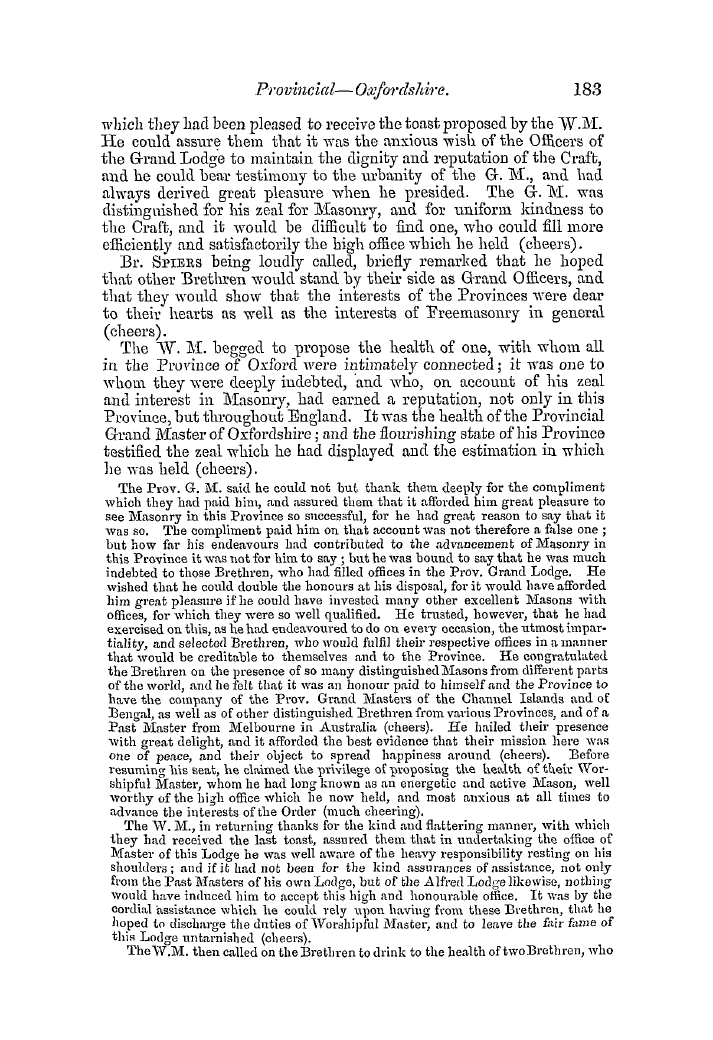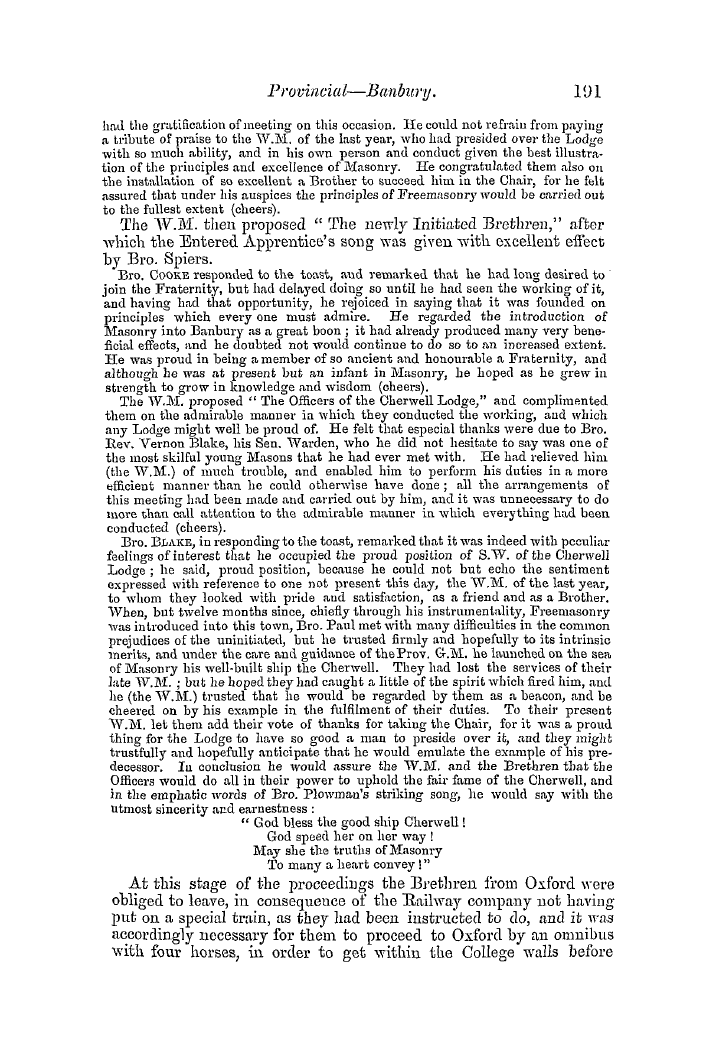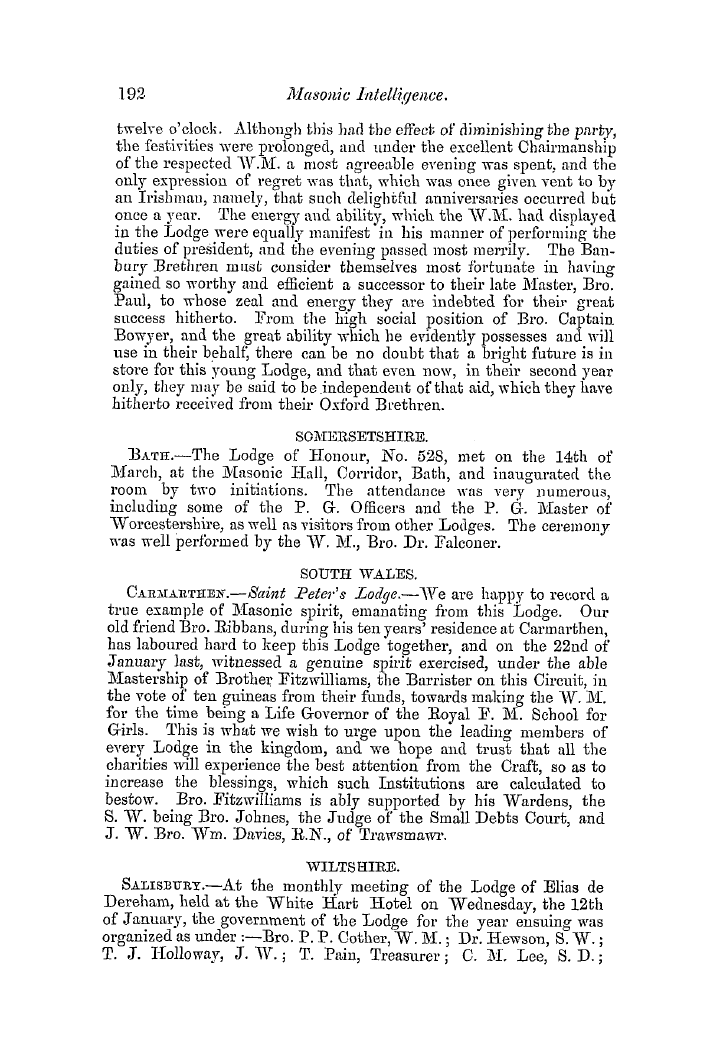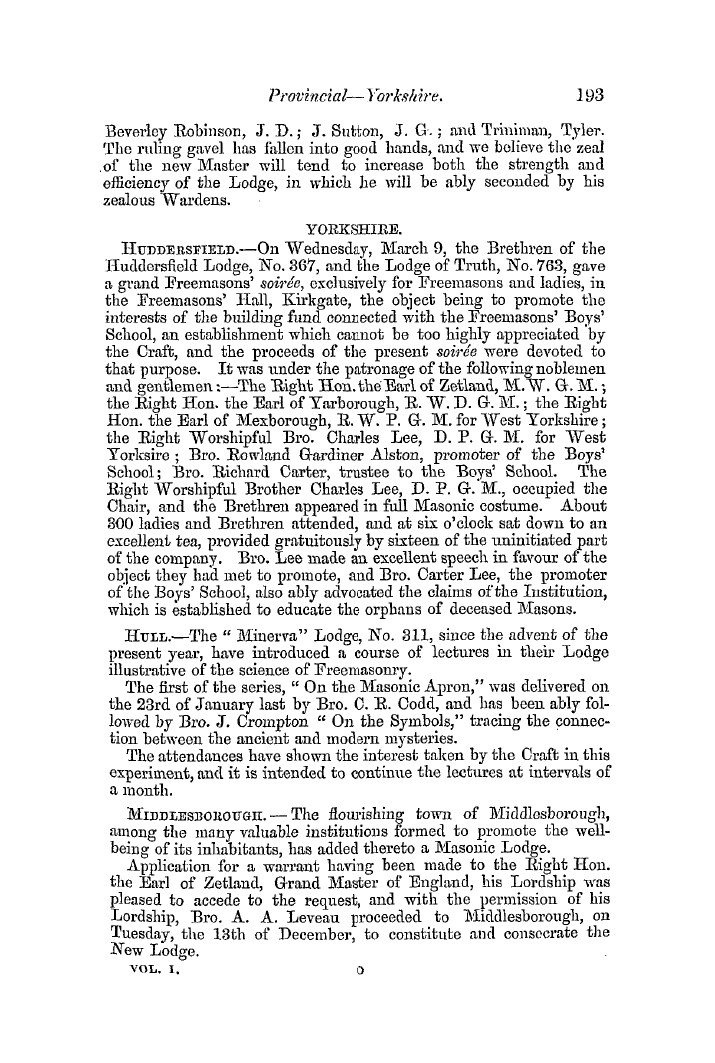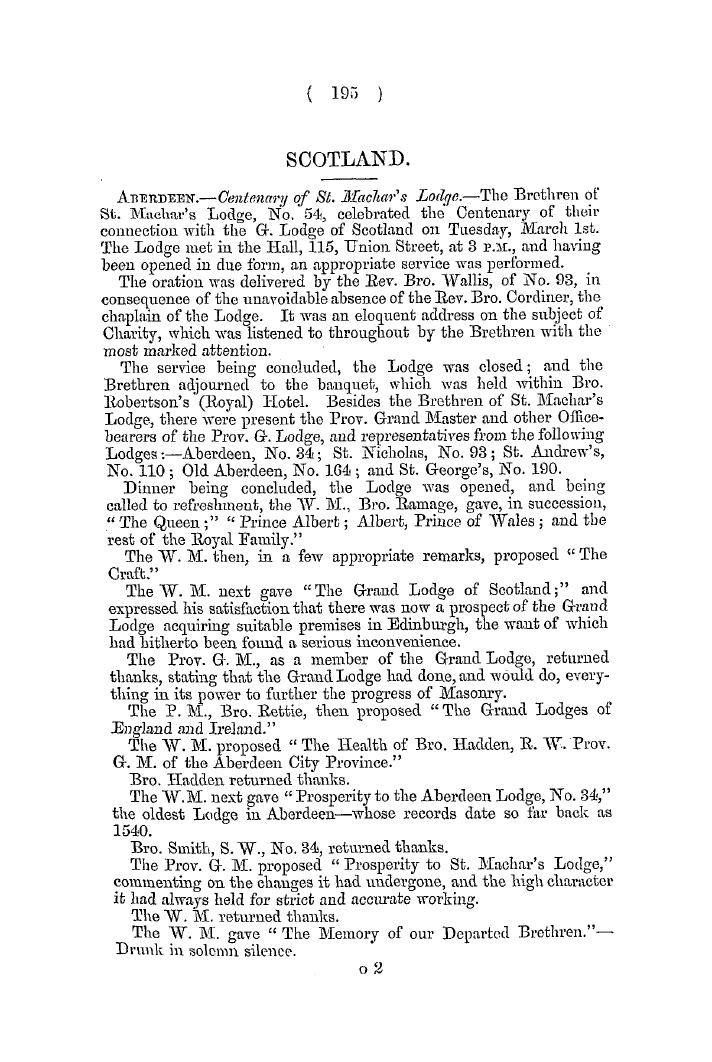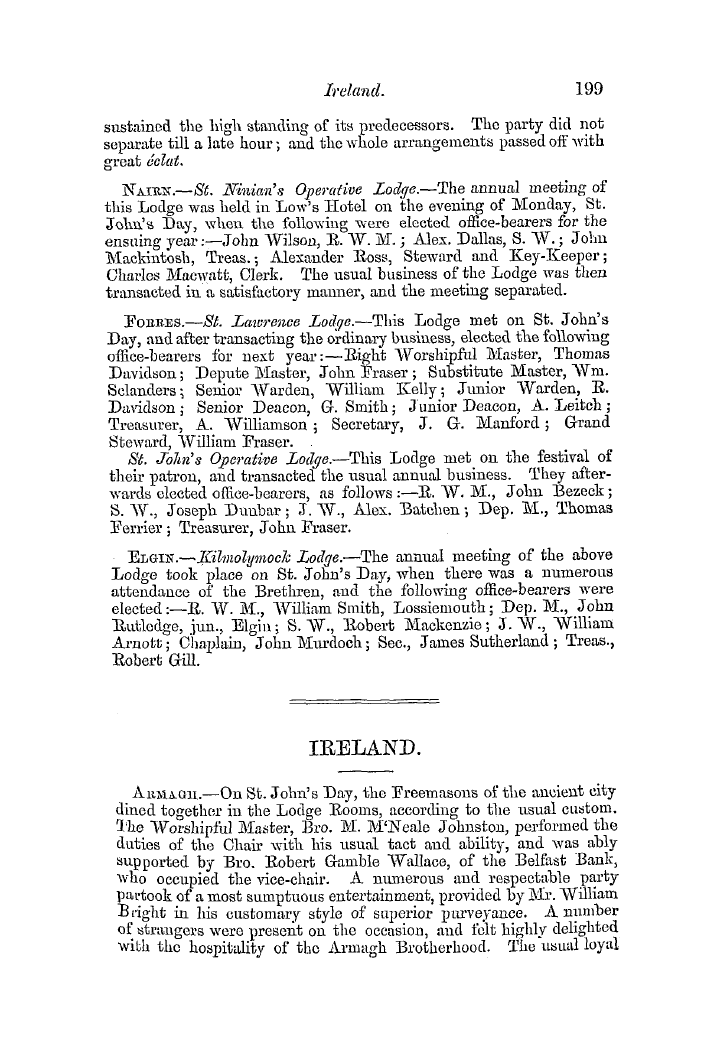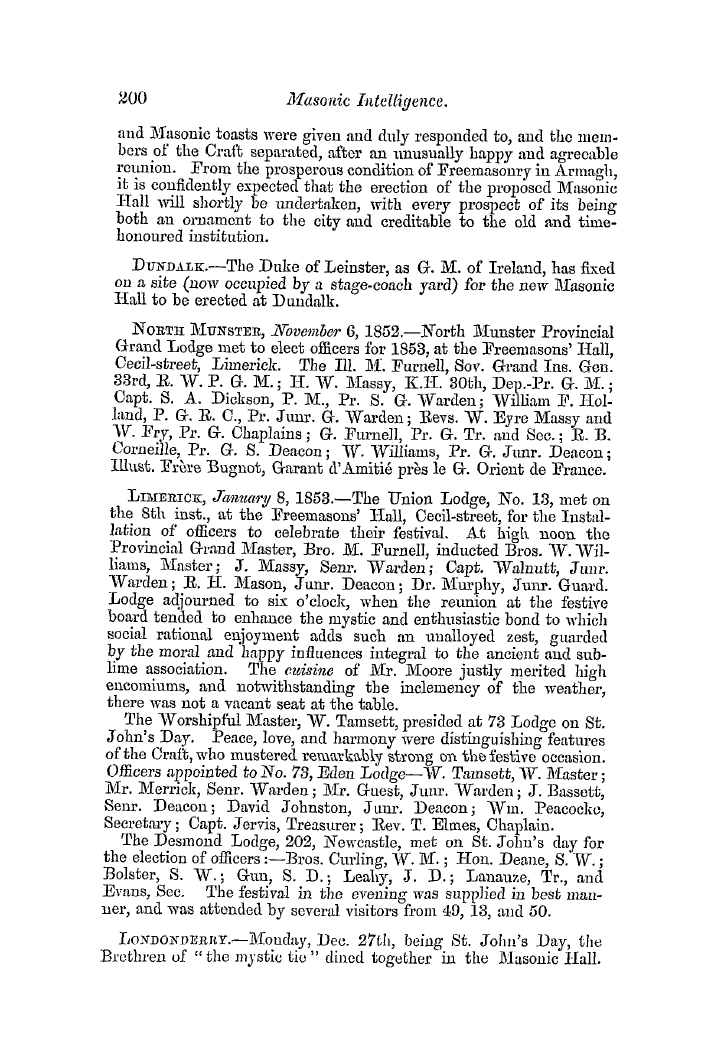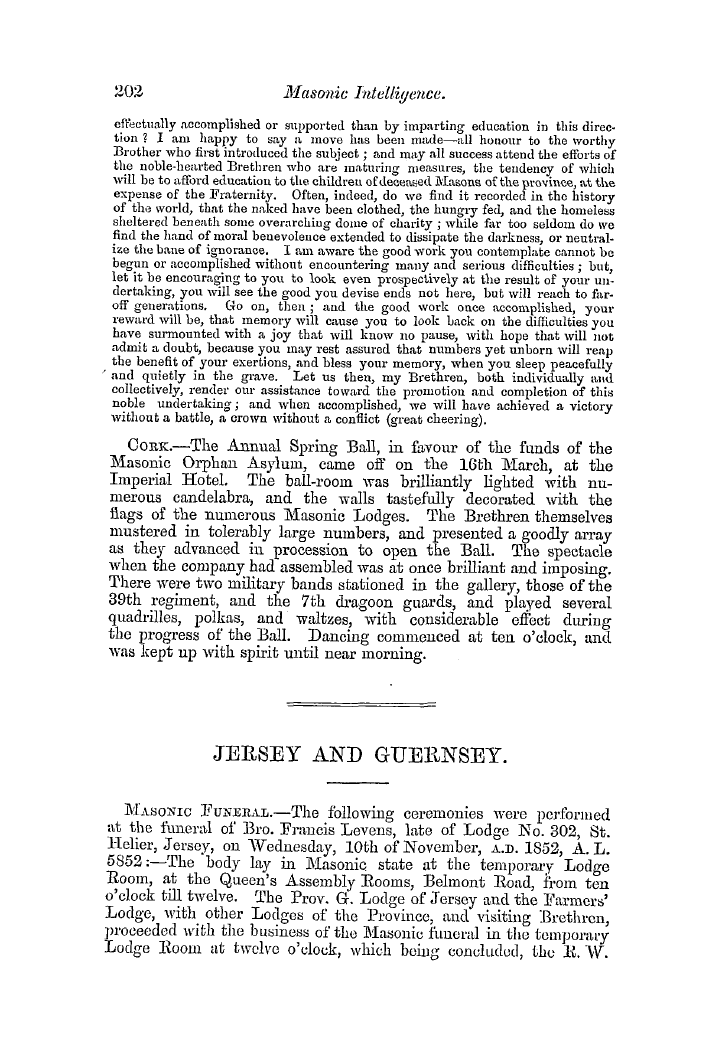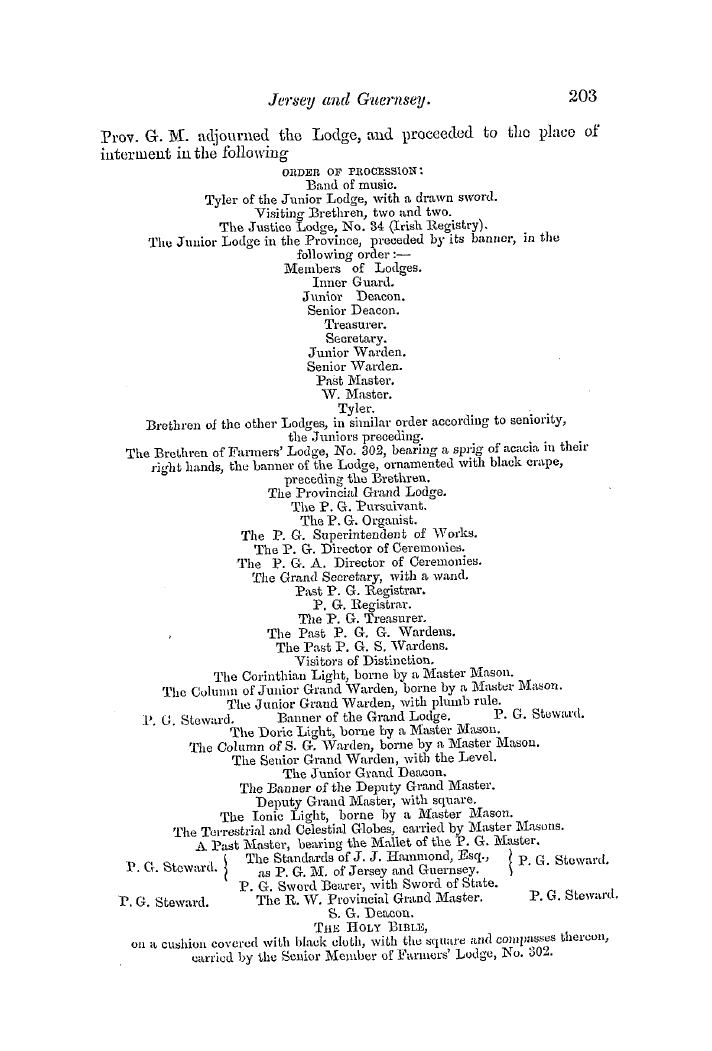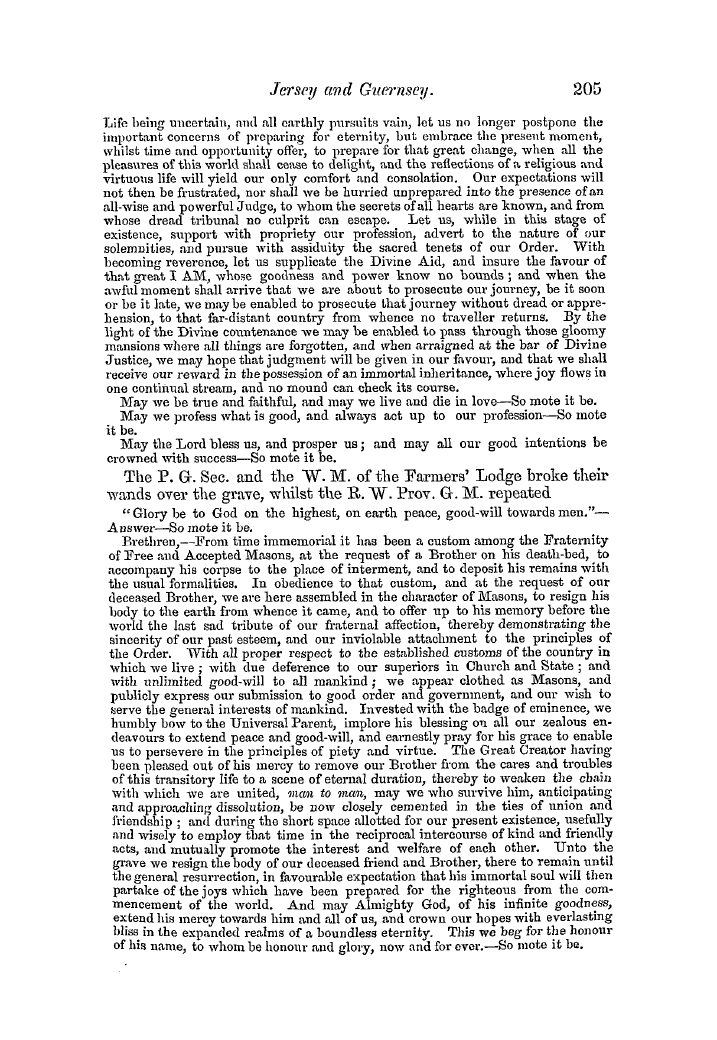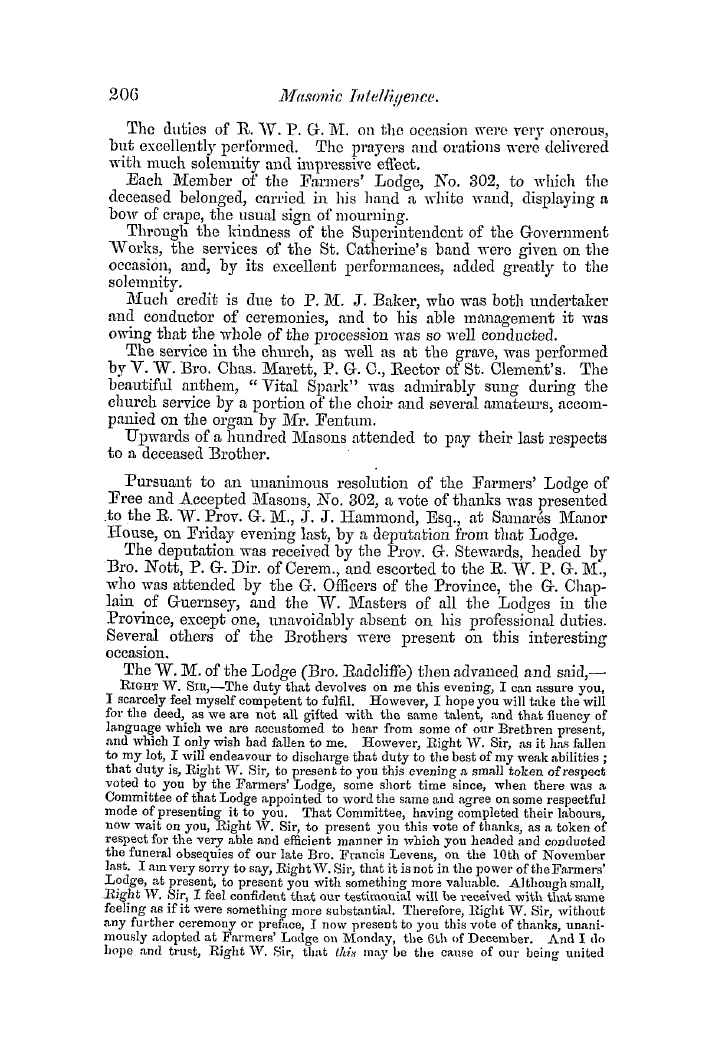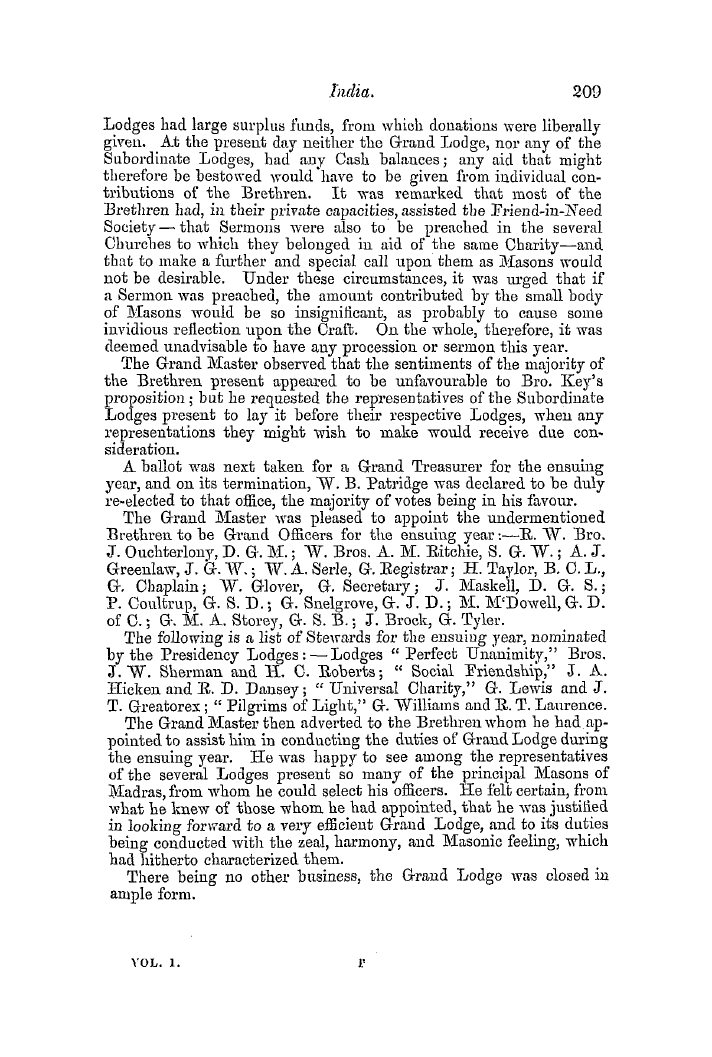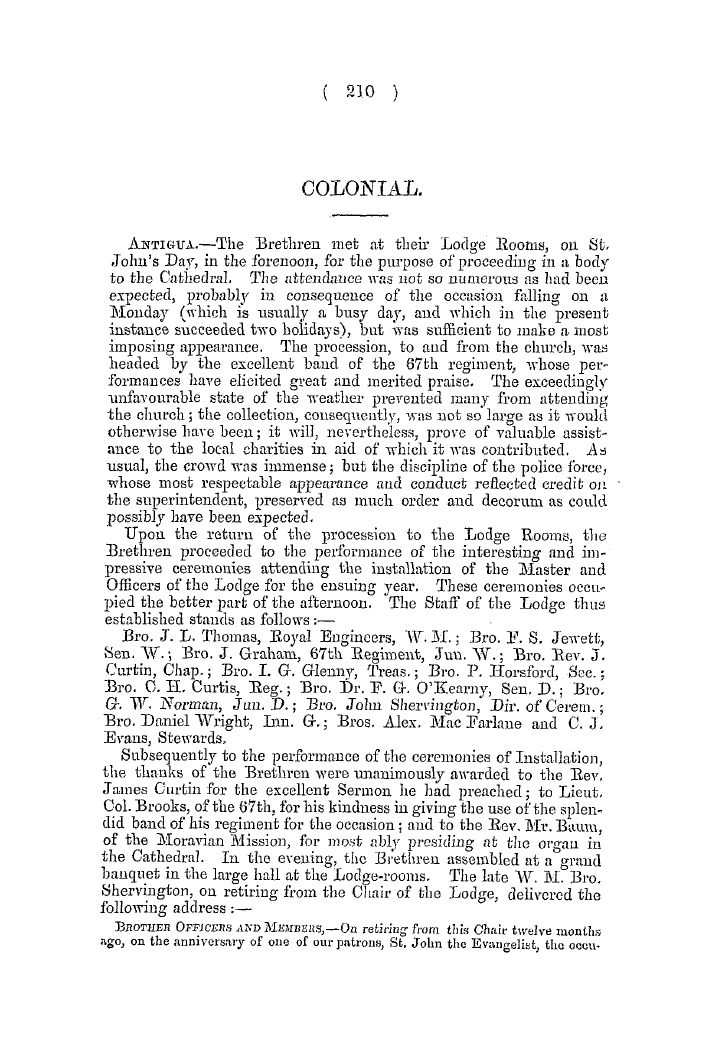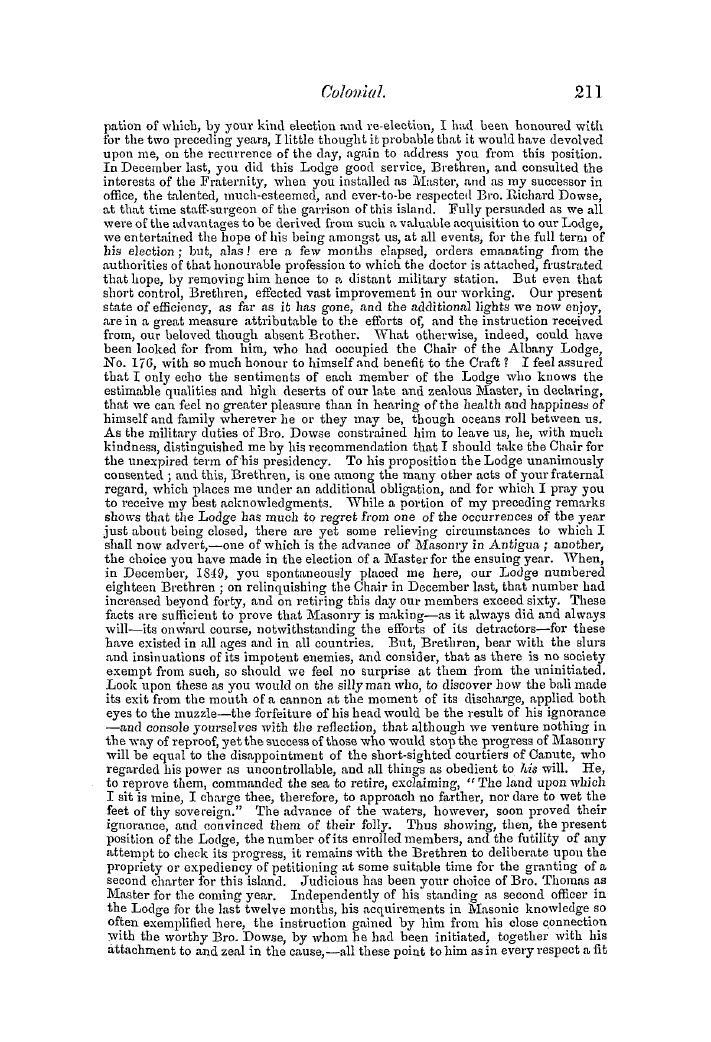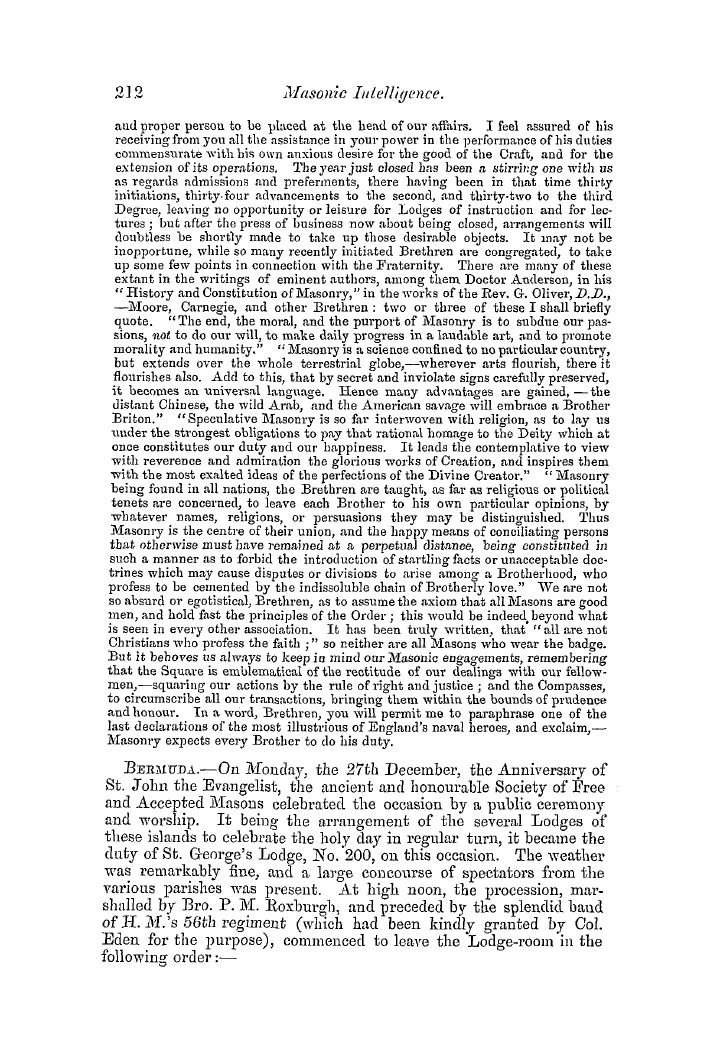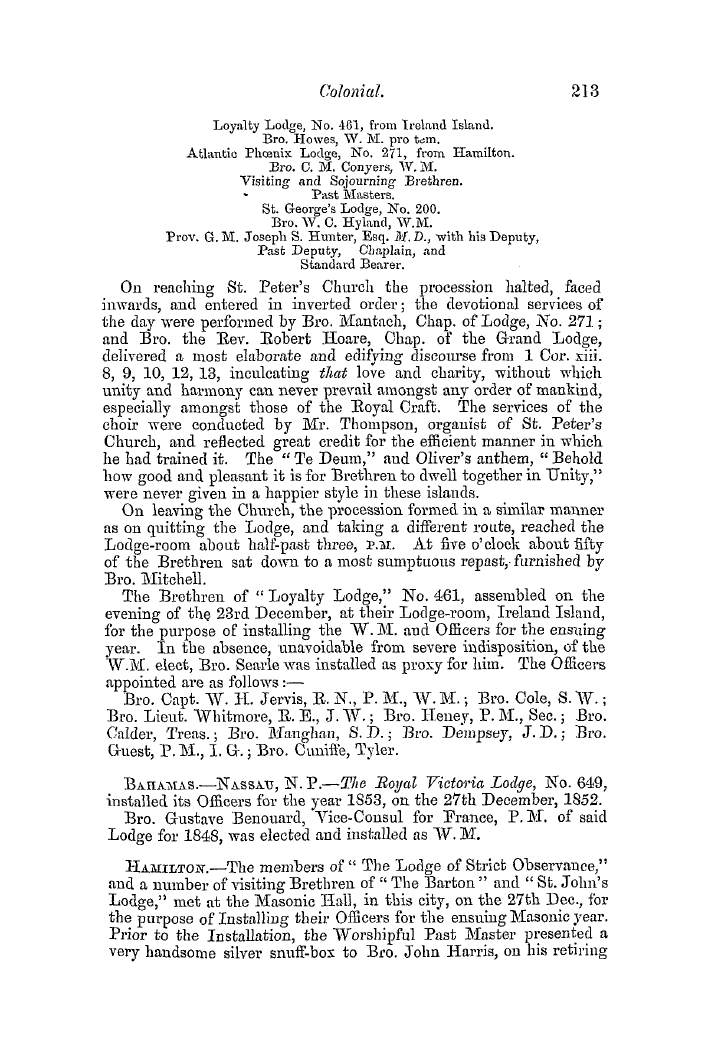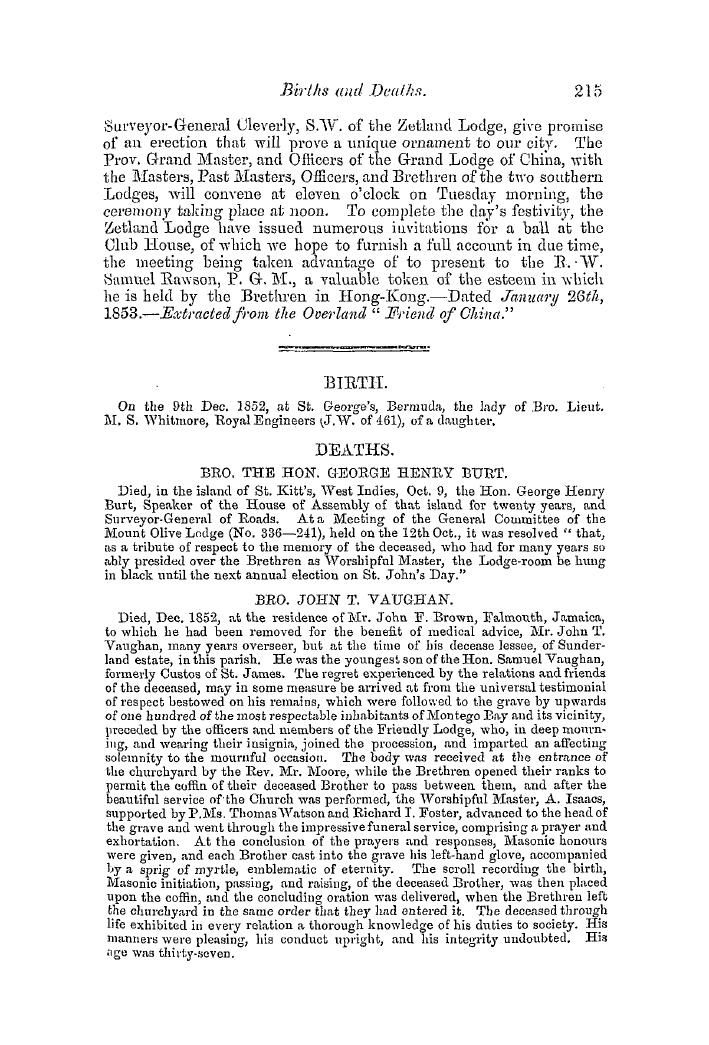-
Articles/Ads
Article THE " GOLDEN ASS" OF APULEIUS. ← Page 2 of 9 →
Note: This text has been automatically extracted via Optical Character Recognition (OCR) software.
The " Golden Ass" Of Apuleius.
nothing of his superiority to any of the Greek romancists , he lias constantl y furnished materials to the pen of Boccacio , La Fontaine , ancl a host of imitators of scarcel y inferior renown . As to his style of Latinity , I fear that Runkhenius has been overindulgent , Avhen lie lays all his faults to over-imitation of the ancients * and that the most recent editorHildebrandhas acted
, , , rightly in criticising his xvorks according to the African standard . But for his matter , Ave may fairly say that he has blended fables , AA'hich have been reproduced even in such simple stories as " The White Cat , " with a knoAvledge of antiquity , ancl a literary erudition almost unexampled . His thoughts are profound , anclif we take the book as a whole—of the hi ghest moral tendency .
His language is artificial , ancl spoilt b y an over-straining after ornament ; but his poAvers of description are so versatile and brilliant , that the faults of his phraseology become lost in our AA'onder ancl deli ght at the free play of his fancy , ancl at his singular skill in giving freshness to stories alread y knoAvn . Moreover , throughout the story , Apuleius , to some extent , plays the part of his own biographer . So much for our author ; IIOAV for a brief analysis of the Avhole story .
The fable opens Avith the representation of a young man , under the person ofthe author , starting on his travels Avith all the mingled feelings of youth in similar circumstances . Well and carefull y trained at home , he has imbibed habits of A'irtue and piety ; but , as the progress of the story exemplifies , these qualities are counterbalanced by an inordinate love of pleasure , and
a curiosity after the secrets of unlawful arts . " Hence it is , " obserx'es Warburton , " that he is represented as having been initiated in all the corrupt mysteries , xvhere magic xvas professedly practised . " On arriving in Thessaly , then the grand seat of magical practices , Lucius is allured by the beauty of the servant of his host , ancl indulges in a thoughtless coxnse of illicit leasures .
p But he makes a more profitable acquaintance in the person of a wealthy matron named Byrrhena , xvho especially cautions him against tlie xile arts of his entertainer ' s Avife Pamphile . This fable , as Warburton has pointed out , appears to be founded on the "Choice of Hercules . " Byrrhena meets our adventurer , pretends to be his relationancl tells him that she brought him
, up from his infancy : by Avhich is intimated that A'irtue was most natural to him . She leads him home to her house , xvhich is described as a magnificent palace . One of its principal ornaments is the history of Diana , xvhere the punishment of Acttcon
Note: This text has been automatically extracted via Optical Character Recognition (OCR) software.
The " Golden Ass" Of Apuleius.
nothing of his superiority to any of the Greek romancists , he lias constantl y furnished materials to the pen of Boccacio , La Fontaine , ancl a host of imitators of scarcel y inferior renown . As to his style of Latinity , I fear that Runkhenius has been overindulgent , Avhen lie lays all his faults to over-imitation of the ancients * and that the most recent editorHildebrandhas acted
, , , rightly in criticising his xvorks according to the African standard . But for his matter , Ave may fairly say that he has blended fables , AA'hich have been reproduced even in such simple stories as " The White Cat , " with a knoAvledge of antiquity , ancl a literary erudition almost unexampled . His thoughts are profound , anclif we take the book as a whole—of the hi ghest moral tendency .
His language is artificial , ancl spoilt b y an over-straining after ornament ; but his poAvers of description are so versatile and brilliant , that the faults of his phraseology become lost in our AA'onder ancl deli ght at the free play of his fancy , ancl at his singular skill in giving freshness to stories alread y knoAvn . Moreover , throughout the story , Apuleius , to some extent , plays the part of his own biographer . So much for our author ; IIOAV for a brief analysis of the Avhole story .
The fable opens Avith the representation of a young man , under the person ofthe author , starting on his travels Avith all the mingled feelings of youth in similar circumstances . Well and carefull y trained at home , he has imbibed habits of A'irtue and piety ; but , as the progress of the story exemplifies , these qualities are counterbalanced by an inordinate love of pleasure , and
a curiosity after the secrets of unlawful arts . " Hence it is , " obserx'es Warburton , " that he is represented as having been initiated in all the corrupt mysteries , xvhere magic xvas professedly practised . " On arriving in Thessaly , then the grand seat of magical practices , Lucius is allured by the beauty of the servant of his host , ancl indulges in a thoughtless coxnse of illicit leasures .
p But he makes a more profitable acquaintance in the person of a wealthy matron named Byrrhena , xvho especially cautions him against tlie xile arts of his entertainer ' s Avife Pamphile . This fable , as Warburton has pointed out , appears to be founded on the "Choice of Hercules . " Byrrhena meets our adventurer , pretends to be his relationancl tells him that she brought him
, up from his infancy : by Avhich is intimated that A'irtue was most natural to him . She leads him home to her house , xvhich is described as a magnificent palace . One of its principal ornaments is the history of Diana , xvhere the punishment of Acttcon
































































































































































































